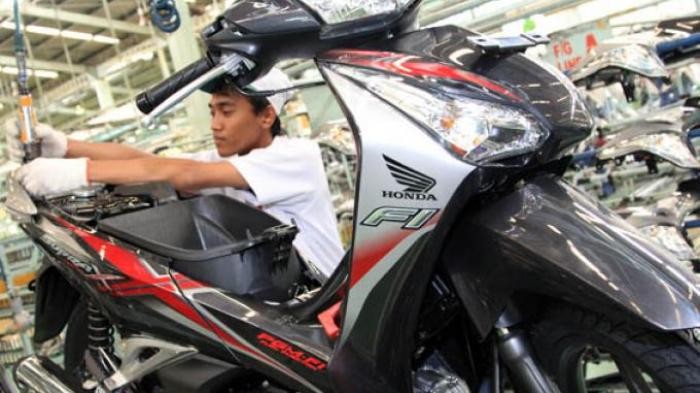Popular Reads
Top Results
Can't find what you're looking for?
View all search resultsPopular Reads
Top Results
Can't find what you're looking for?
View all search resultsBreaking up cartels
Honda happened to control about 78 percent of the motorcycle market in the country and Yamaha almost 20 percent.
Change text size
Gift Premium Articles
to Anyone
T
he recent ruling by the Supreme Court, which upheld the February 2017 decision of Indonesia’s Business Competition Supervisory Commission (KPPU) on price-fixing by motorcycle manufacturers Honda and Yamaha, will go a long way to strengthening the antitrust body’s confidence in fighting unfair market practices.
It is not easy to prove that an oligopoly or a duopoly has been abused, thus violating the 1999 law on unfair business practices. For an oligopoly to be abused, one or more firms must demonstrate intent to corner a market using anticompetitive practices. Collusion is the most typical infraction leading to antitrust proceedings.
This is different from circumstances in which companies unintentionally come to dominate an industry via a better product or service or superior business practices. Honda happened to control about 78 percent of the motorcycle market in the country and Yamaha almost 20 percent.
But even a duopoly, a situation where two companies own all, or nearly all, of the market for a given product or service cannot immediately be classified as a cartel, unless it can be proven that collusion results in consumers paying higher prices than they would in a truly competitive market.
The KPPU tribunal, after months of investigations, did prove with strong legal evidence that Honda and Yamaha, though independent producers, had engaged in cartel practices by colluding to increase their profits by price fixing and other restrictive practices.
KPPU investigators discovered evidence of direct “collusive” communications between the presidents and marketing executives of the two companies between 2013 and 2015, even before they began an official investigation into the case.
Cartel practices were uncovered in the marketing of the scootermatic class 110cc — 125cc. Both companies were ordered to pay a combined US$3.6 million in fines.
Hopefully, the KPPU can achieve similar success in its investigation of alleged collusion between state-owned airline Garuda Indonesia and Lion Air Group, which now control more than 90 percent of the full-service and budget carrier market, though the pricing of services like flights is quite complex.
Passengers have been complaining loudly over the doubling of domestic airfares that puts them way above international flight services of comparable duration after budget airline operator Sriwijaya Group, suffering financial distress, joined Garuda Indonesia Group late last year, thereby creating a de-facto duopoly in the domestic airline industry. But the two companies argue that their fares are still below the government-set price ceiling.
However, before the emergence of the de facto duopoly, the carriers still achieved fair margins even though their fares were far below the price cap. So how could the airlines raise their domestic fares steeply without damaging their competitiveness? Did they collude to set their fares close to the price cap? Or is the price cap too high? This question seems more relevant as Garuda faces allegations of “window dressing” its 2018 financial statement.










